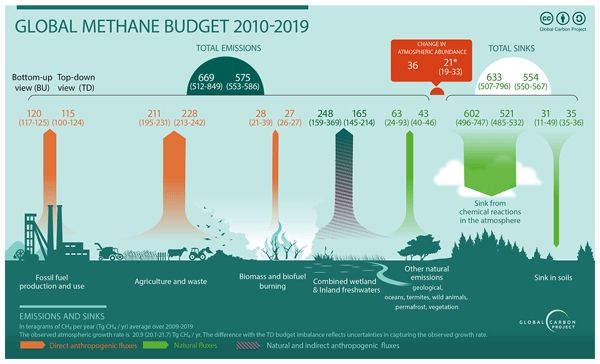
🌎 Director of Environmental Science working on Game Changers 2: https://deadline.com/2023/06/uninterrupted-springhill-produce-sequel-to-he-game-changers-documentary-1235397877/
🌱 Co-creator of iffs.earth
The title of this is misleading but signs still of some slowing growth (maybe peak) in certain countries, unfortunately it's not going to more lentils but instead more chicken:
www.mdpi.com/2076-2615/11...

The title of this is misleading but signs still of some slowing growth (maybe peak) in certain countries, unfortunately it's not going to more lentils but instead more chicken:
www.mdpi.com/2076-2615/11...

Anyway, if this one day ends up being the real world debate, it'd be huge progress.
Anyway, if this one day ends up being the real world debate, it'd be huge progress.
Been going through a ton on this over many years:
drive.google.com/drive/folder...
Been going through a ton on this over many years:
drive.google.com/drive/folder...
Have you ever seen a study that shows grazing cattle is better than rewilding grasslands that reintroduces native plants and animals?
Have you ever seen a study that shows grazing cattle is better than rewilding grasslands that reintroduces native plants and animals?
Soil, C drawdown, methane, biodiversity, water retention, etc. all improves in rewilding scenarios vs. continuing to graze cattle. And many are misled otherwise by sketchy methods
Soil, C drawdown, methane, biodiversity, water retention, etc. all improves in rewilding scenarios vs. continuing to graze cattle. And many are misled otherwise by sketchy methods
bsky.app/profile/nich...
Not even close.
At their peak, wild ruminants incl. bison emitted ~15 Tg CH₄/yr
Today’s 4+ billion farmed ruminants emit over 100 Tg CH₄/yr
That’s nearly 7x more methane.
essd.copernicus.org/articles/17/...

bsky.app/profile/nich...
I cover this in detail in the report.

I cover this in detail in the report.

